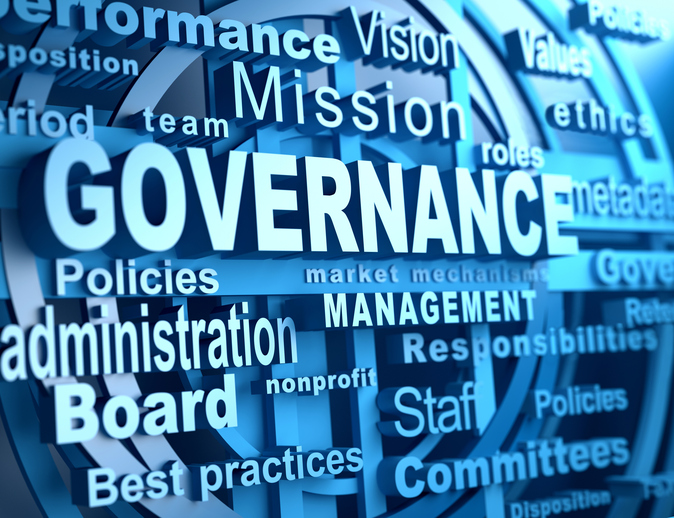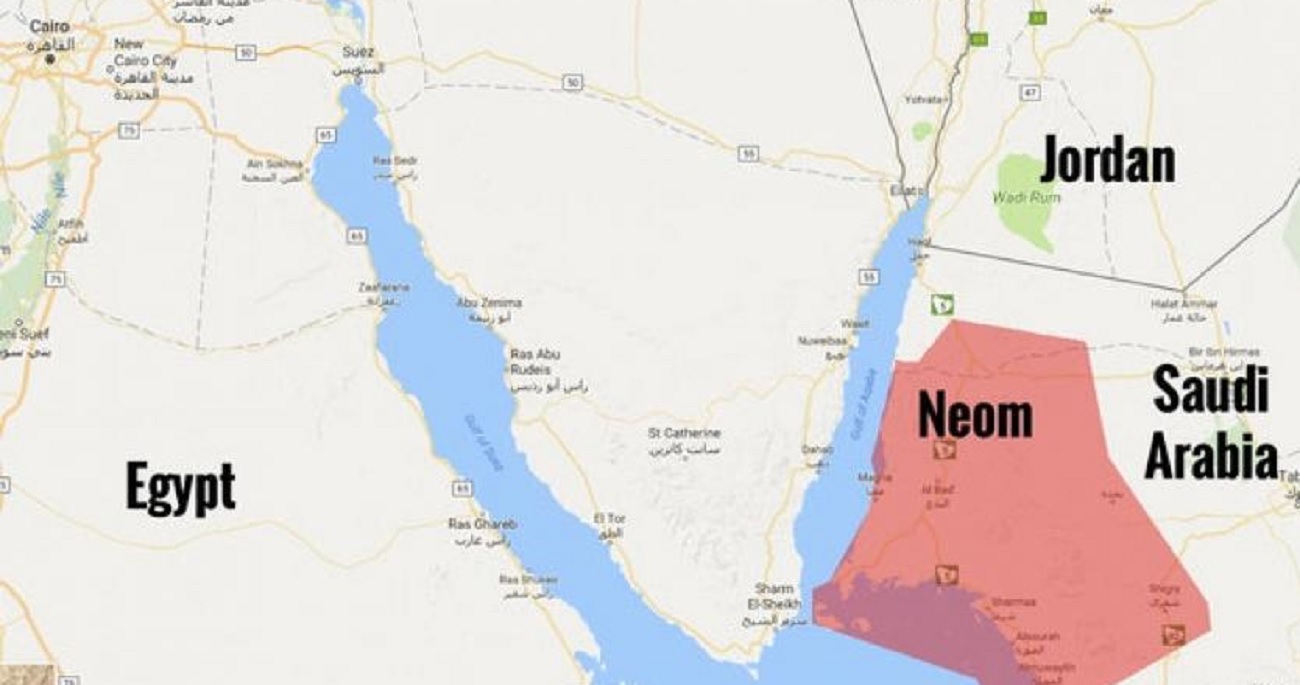The NEOM territory will be a little bit of Egypt, a little bit of Jordan, and a lot of Saudi Arabia. And Saudi Arabia will let go. That is my impression. The Saudi judiciary will have no jurisdiction over NEOM. That is my impression. That is a decision that has already been made.
Saudi Arabia is dangling a wallet with 500 billion dollars in it. But it has to have the humility to see this is not a 500 billion dollar project. This is at least a five trillion dollar project with most of the money coming from beyond Saudi Arabia. Easy math will tell you, Saudi Arabia will have to be willing to give 90% ownership to others. Which others?
NEOM has to be a fresh start for humanity like America was a fresh start for Europe.
But there is land. It is Saudi land, primarily. And the 500 billion dollar does not count the land. The land eventually is worth more than that wallet. After the city of NEOM is up and standing, NEOM land might fetch Manhattan prices. But that is not now.
Walking away from the Saudi judiciary is fine, that is how you give a place a fresh start, but that can not be walking away from God and faith. Every major faith emphasizes family and marriage.
At some level, this is existential for Saudi Arabia. This is do or die. The world needs to walk away from oil for climate crisis reasons. And oil is on its way to getting priced out. So Saudi Arabia has this window in time to diversify and become a post-oil economy. I think it can. It should. Done right the future riches will be greater than the oil riches. Nokia used to be a timber company long before it became a phone company. Great companies and great countries transform as necessary.
NEOM will be a new city. It will be a city-state. Like the Vatican is its own country. That is what I read somewhere. And I don't see how it could work any other way. 500 billion dollars is but seed money. It is a small amount compared to the ambition.
Heck, NEOM could create a world government. Every country willing to pay 1% of its GDP as an annual membership fee would be welcome to join the world government that would have its seat in NEOM, a city-state, a country of its own. That world government can co-exist with the UN. The UN functions more like an NGO. It does not function much like a government. The whole veto thing is so outdated. The UN can keep doing the UN thing. No problem.
The world government would be funded by that membership fee. It would have two chambers. In the lower chamber each country's voting weight would be in proportion to its population. In the upper chamber it would be in proportion to its GDP.
The world government would have a president directly elected by people all over the planet voting on their phones and tablets, using their biometric IDs. The president of the world would also be president of NEOM, but NEOM would also elect a Prime Minister. And that Prime Minister voted in by all residents of the city who have lived in the city for at least a year, would be the one running the city. The president for the city would be more ceremonial.
The city could have a prince in a ceremonial role. The prince of Saudi Arabia can be the prince of NEOM. Why not? Thanks for all that land.
NEOM should have a permanent seat for the world government. It should also have a permanent seat for the T100, the governing body of the 100 biggest technology companies in the world measured by market cap. Issues like data privacy and data security this T100 needs to solve.
And a Consortium of Cities (CC), an annual gathering of the 100 biggest cities in the world. This would be more like an organization for comparing notes and sharing best practices.
The city would provide all government services digitally. The city would use surveillance cameras to attempt a zero crime rate but would do so with the highest standards for privacy protection. Every time anyone enters or leaves the city, they would have to press the finger and submit their biometric ID. They would also have to be willing to do an iris scan and a face scan.
I understand there is a lot of paranoia around biometric IDs, much of it justified, because those who do it seem to have little respect for privacy protection.
All the high tech stuff would be happening in the private sector with individual companies participating. So when there is a failure it is a company and not the city failing. That demarcation is important. There will be plenty of failures. There is no innovation where there are no failures.
Taxes can be as low as possible. The city might even do the Dubai thing for a few decades and have no taxes. Land development pays enough to run the city.
And those are my early thoughts on NEOM governance.
NEOM: Governance https://t.co/X0WIXENddV @IsraeliPM @netanyahu @MustafaKheriba @JassimAlseddiqi @KingSalman @KSAmofaEN @RoyalSaudiNews @NEOM @ImranKhanPTI @narendramodi @iamsrk @aamir_khan @BeingSalmanKhan @saudiarabia @ksamissionun @sundarpichai @satyanadella @Google @Microsoft
— Paramendra Kumar Bhagat (@paramendra) November 25, 2019
NEOM Beats Mars
NEOM: Wide Participation Will Enhance Chance Of Success
NEOM, Jerusalem: Twin Cities?
My Take On NEOM, The City
NEOM: A City
NEOM: Governance https://t.co/CmN7NyIkUp @aitmit @anaimi @AlSalehSarahs @HaniEnaya @wballaa @jalammar #NEOM @KingSalman @KSAmofaEN @USAinKSA @ksamissionun #princesalman @NEOM
— Paramendra Kumar Bhagat (@paramendra) December 5, 2019




